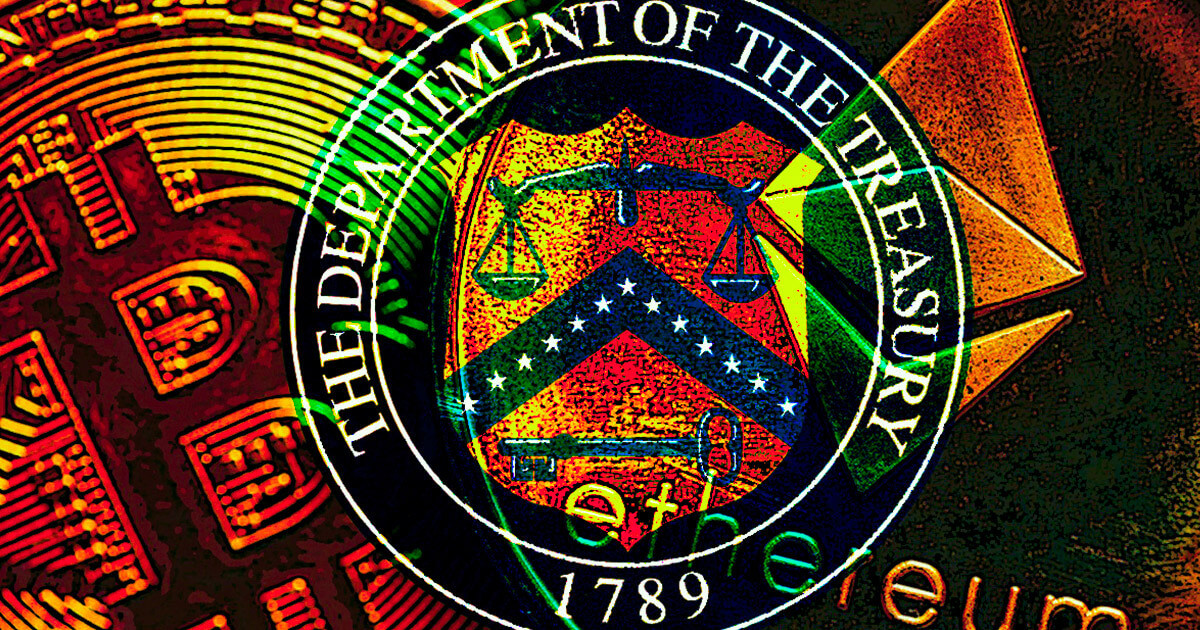On May 19, the US Treasury and the Office of Foreign Assets Control (OFAC) imposed sanctions on several entities that have ties to Russia. One of the firms that have been sanctioned is Huriya Private FZ LLE, a UAE-based company that has been accused of money laundering and procuring passports for Russian actors since Russia’s invasion of Ukraine in 2022. The CEO of the company, John Desmond Hanafin, an Irish national, has also been sanctioned. The Treasury has also sanctioned Hanafin’s Tether (USDT) address, which has reportedly received over $4.95 million in stablecoin transactions.
Disrupting Russia’s Export Control Evasions, Military Finances, and Energy Revenues
The US Treasury and OFAC have imposed sanctions on hundreds of other individuals and entities to disrupt Russia’s export control evasions, military finances, and energy revenues. The move is part of the US government’s efforts to hold Russia accountable for its actions in Ukraine. The sanctions are expected to have a significant impact on Russia’s economy, and the country’s leaders have criticized the move as an act of aggression.
Other Crypto Addresses and Cryptocurrency Companies Sanctioned
This is not the first time that the US Treasury and OFAC have taken action against crypto addresses and cryptocurrency companies related to Russia. In September 2022, OFAC sanctioned several crypto addresses linked to Task Force Rusich. In April 2022, it sanctioned the crypto mining firm BitRiver, as well as the Russian darknet market Hydra, which relied on Bitcoin transactions. In February 2023, the agency sanctioned Bitcoin and Ethereum addresses tied to Russian arms dealer Igor Zimenkov and his son, Jonatan Zimenkov. The agency has also sanctioned numerous actors in other countries, including North Korea and China, as well as the decentralized cryptocurrency mixer Tornado Cash.
Impact of the Sanctions on the Crypto Industry
The US government’s efforts to sanction crypto addresses and cryptocurrency companies related to Russia have had a significant impact on the crypto industry. The move has led to increased scrutiny of cryptocurrency transactions and the development of new regulations to prevent money laundering and other illegal activities. Some experts have also expressed concerns about the impact of the sanctions on the overall stability of the crypto market. However, others argue that the sanctions are necessary to prevent bad actors from using the crypto industry to finance illegal activities.

